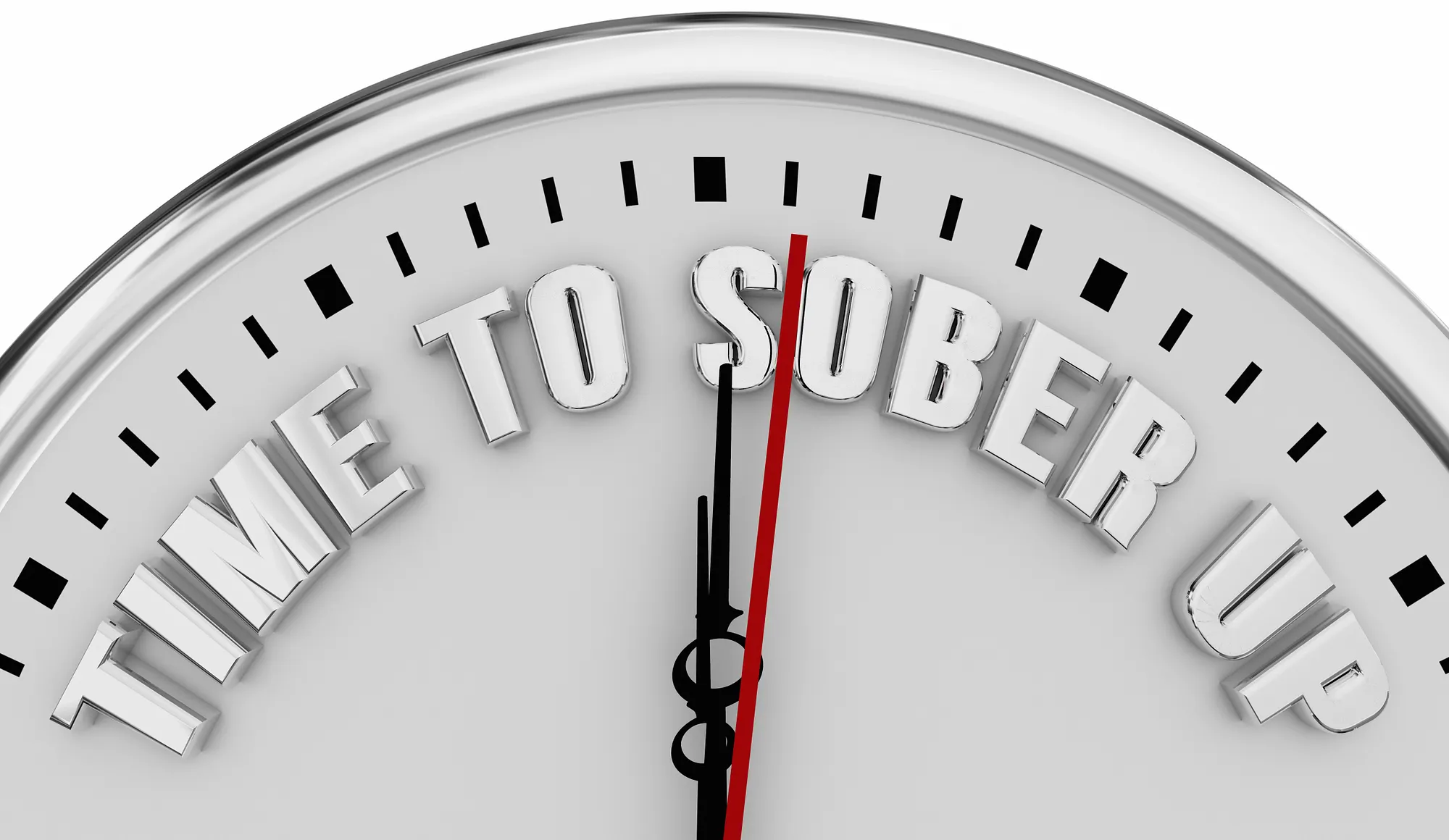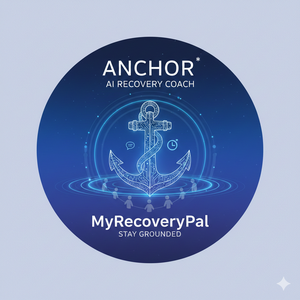
I’ve been sober for seven years now, but I still remember those crucial first thirty days like they were yesterday. It was a time of raw fear, unexpected discoveries, and small triumphs. Looking back, I see how every step during that month laid the foundation for the life I enjoy today — clear-minded, engaged, and at peace.
Week 1: Fear & Detox in a Nutshell
Fear
- “How will I sleep without a drink?”
- “What if I can’t handle social gatherings?”
- “Life is going to feel so dull!”
Physically, my body protested: disrupted sleep, tension headaches, and a restless mind that refused to switch off. I leaned on hydration, balanced meals, and gentle walks. Those simple routines — water on my nightstand, a healthy snack before bed, a morning stroll — became lifelines as the fog began to lift.
Emotional Turbulence
Without alcohol’s escape hatch, every feeling felt magnified: loneliness, guilt, shame. I asked myself, “What do I do with these raw emotions now?” I reached out for support in meetings and trusted friends — knowing I didn’t have to go it alone.
Acceptance & Hope
By day seven, resistance gave way to acceptance. I replaced bar routines with new habits: morning reflection instead of last-call panic, evening check-ins instead of happy hours. My thoughts cleared and small pockets of calm began to appear. My family noticed the shift — my daughter’s smile was softer, my wife’s relief palpable — and their encouragement fed my growing hope.
Week 2: Creativity, Healing & Making Amends
Around day eight, creativity unlocked itself in surprising ways. Ideas I’d shelved — blog posts, guitar riffs, woodworking projects — started flowing freely. The haze was gone, and with it returned passions I thought I’d lost forever.
Healing Physically and Emotionally
- Deepening Rest: Sleep cycles stabilized; I woke feeling genuinely rested rather than groggy or anxious.
- Renewed Vitality: I gravitated toward nourishing foods and rediscovered the joy of movement — stretching, light yoga, or an evening walk with a clear mind.
Amends That Mattered
That week, I made two profoundly meaningful apologies:
- To my 17-year-old daughter, acknowledging the broken promises and missed moments my addiction cost her — and expressing my commitment to be fully present moving forward.
- To my worship pastor, thanking him for giving up my spot on the worship team and supporting my decision to step away until I could return sober and sure of myself.
Week 2 Reflection
By the end of Week 2, I felt a powerful sense of renewal. Repairing those relationships lifted a weight from my heart, restoring trust and opening avenues for genuine warmth and laughter. My daughter began to share her day with me again, and stepping back into worship practice felt less like a return and more like coming home.
Week 3: Building Resilience
Cravings still appeared — seeing celebratory toasts or hearing clinking glasses — but I had new strategies:
- Name the Craving: A simple, compassionate “That’s a craving, not me” diffused its power.
- Grounding Ritual: Five deep, mindful breaths to anchor back in the moment.
- Positive Replacement: Swapping the urge for herbal tea, a call with a sponsor, or jotting down three gratitude notes.
Week 3 Reflection
As Week 3 closed, I realized these tools were transforming my response to stress. Each time I met discomfort without drinking, I reinforced my own strength. I no longer felt at the mercy of cravings; I felt capable of steering my actions. This burgeoning resilience revealed that true recovery isn’t about avoiding pain — it’s about learning to move through it.
Week 4: Welcoming the New Me
Day thirty arrived, and I noticed a profound shift. The person who once clung to drinks for comfort had evolved into someone who reached for healthy routines and honest connections.
- Sober Identity: I stopped framing my life as “before” and “after” — I simply was a person who chose clarity daily.
- Present Focus: Past regrets lost their hold, and future fears faded when I stayed rooted in today’s choices.
- Hopeful Outlook: The future looked bright — career aspirations felt attainable, relationships felt nurturing, and new creative projects bristled with possibility.
Week 4 Reflection
By the end of that month, I saw the contours of a new self emerging. I walked with a steadier gait, spoke with a more genuine tone, and laughed with a freer heart. Each morning felt like a gift, not a challenge. That first 30 days didn’t guarantee I’d never struggle again, but they proved that transformation was possible — and that every sober choice was building the life I have now.
Why the First Month Matters
The first 30 days are the crucible of change. You’ll face physical detox, emotional highs and lows, and moments of crippling doubt. But you’ll also uncover reserves of strength, creativity, and hope you never knew existed. If you’re starting this journey, know that every challenge you face in those early days is a stepping stone to a richer, more authentic life. Keep going — your new self awaits.

Comments (0)
Login to leave a comment.
No comments yet. Be the first to share your thoughts!